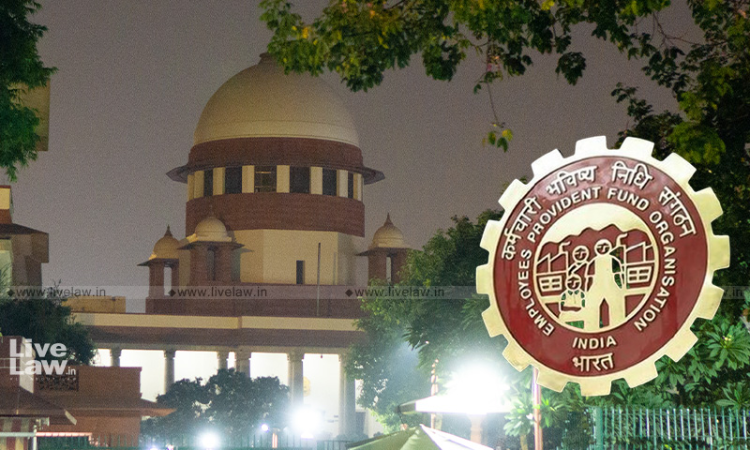EPF Pension Case : Provident Fund Members Don't Automatically Become Eligible Under EPS, EPFO Tells Supreme Court
Rintu Mariam Biju
3 Aug 2022 8:52 AM IST

A 3-judge bench has started hearing the appeals filed by EPFO.
Next Story
3 Aug 2022 8:52 AM IST
